Within the framework of February 11, International Day of Women and Girls in Science, and March 8, International Women’s Day, this year under the theme: ‘Invest in women: Accelerate progress’ #InvestInWomen; in the Observatory of the Institute for the Future of Education of Tecnologico de Monterrey, we reflected on our webinar on the challenges of a gender-equal culture in Engineering, Science, and Technology environments and leadership positions in educational institutions and organizations. The networks we share in this session comprise women and men convinced that a culture of gender equality and leadership generates growth and positively impacts society. If you did not have the opportunity to enjoy the webinar live, this article provides a summary. I invite you to consult the video for more details; remember that you can comment on it and share it with your colleagues.
In this session, we recognized and visualized today’s status of women in our society and various fields. According to UN data, women represent 33.3% of all researchers, yet only 12% of members of national scientific academies are women. Women also receive a lower percentage of research grants compared to their male colleagues. In artificial intelligence fields, only one in five professionals (22%) is a woman. On the other hand, the message of UNESCO is clear: to ensure that women and men enjoy equal opportunities, choices, capacities, power, and knowledge as equal citizens. It urges the acceleration of girl’s and women’s education through better legislation and practices, enabling more girls and women to transform their lives and communities.
Networks and initiatives that seek the development of a gender-equal society
From Asia Pacific to Latin America, many initiatives address the issue of gender equality. So does Tec de Monterrey, through its Center for the Recognition of Human Dignity, which was established to address the problems of diversity, inclusion, gender equality, prevention of gender violence, and the sense of belonging. We invite you to become familiar with the networks below through the experiences of our panel in this webinar.
- Cátedra Abierta Latinoamericana Matilda y Las Mujeres en Ingeniería
- Asociación de Universidades de la Cuenca del Pacífico (APRU)
- Consorcio Latinoamericano y del Caribe de Instituciones de Ingeniería LACCEI
- Red impulsa para la igualdad de género en el Tec de Monterrey
Various social, cultural, and economic barriers hinder women’s development in different areas, communities, and countries. Today, more networks of women and men and groups and initiatives seek sustainable development and the growth of a just and inclusive society. The significant gaps between men and women led to networks of women seeking to transform the world. Meet and join them!
Networks that bring together the will and commitment of their participants
A common idea among the panelists is that women’s networks are the sum of the wills and commitments of all who comprise the network, regardless of the gender they identify with. They emphasize that belonging to one of these networks is not a matter of gender but of common interests and particular needs, which generate collaboration and synergies necessary to achieve transformation.
The panelists view the pandemic as a significant disruptor that changed communication. The massive transition to remote and virtual modalities enabled connecting with more people worldwide who joined to establish these networks, allowing internationalization that eliminated geographical barriers. The Matilda Network emerged in 2020, and the Red Impulsa (Impulsa Network) emerged in 2021. In this webinar, we connected with Marcela from Argentina, Adriana from Hong Kong, and the rest of the team from Mexico.
Create or join a network?
Join or create a network? Our panelists said there is no right or wrong decision. The important thing is to align with more people for a need or something to achieve, combining will and effort. Ileana suggested that we explore and integrate into existing networks. Marcela proposed researching the networks with which one identifies the most in technological, professional, and academic areas. Adriana commented that one does not exclude the other, explaining that a network can arise just because someone raises their hand and says, “I want to create a network.” However, it is essential to ask what will differentiate that network. She commented that just two people can start a network; subsequently, the limit is the universe. For her part, Felisa invited us to open ourselves to listening, recognizing the needs of others, dialoguing, identifying intersections, and eliminating barriers.
Promote the participation of leaders of educational institutions.
Adriana commented that it is imperative to spotlight the issues of gender equity and inclusion with the administrators of educational institutions, inviting them to become actively involved in the networks. She commented that it is necessary to request the university presidents directly to raise awareness about the reality women experience, always respectfully, concisely, and objectively, seeking to open doors and combine efforts.
Felisa commented that the first version of the Red Impulsa was only for women because they needed to know and understand what was happening, how they felt, and why they were not developing to attain the successive echelons in the institution; hence the need to make a committee of women for women. However, in the next edition, they invited men to participate in this dialogue, as they firmly believed that this world is not for women, men, or non-binary individuals separately but for everyone. Felisa considers that networks with coinciding interests and perspectives can be open to reflection and understanding that others can be right, and dialoguing through networks can be successful without gender problems.
You can find much more in the webinar video of the Observatory of the Institute for the Future of Education of Tecnologico de Monterrey.
The panel comprised:
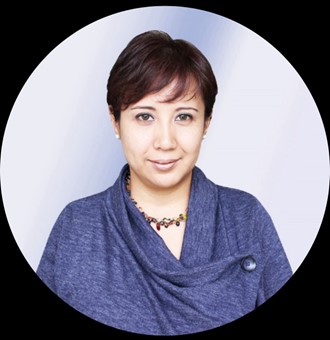
“Just a little empathy, listening, solidarity, and compassion make a difference in the lives of others and your own.”
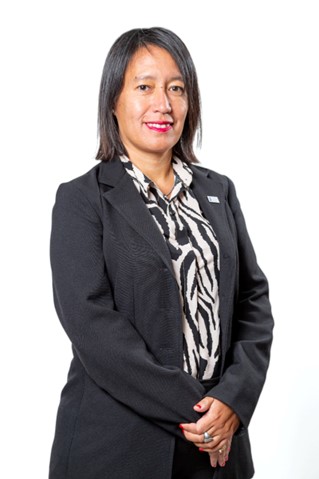
“I achieve my goals by paving the way for others to achieve theirs.”
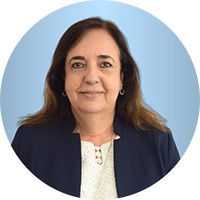
“Let’s make visible the transformative power of all women in society.”
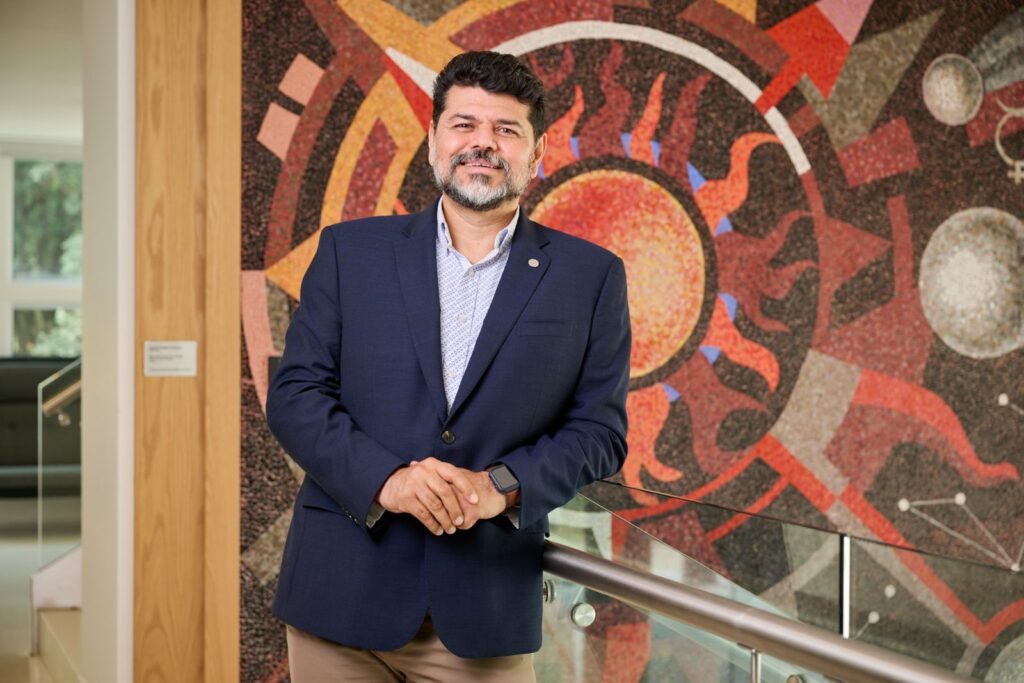
“Let’s promote equity for women’s development and celebrate their vital role in innovation and leadership towards a just and inclusive society.”
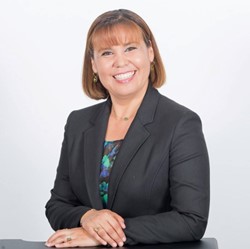
“By supporting someone else’s growth, we also grow ourselves and contribute to creating a better world.”
Watch this webinar. If your native language is not Spanish, you can turn on the YouTube translation subtitles for this webinar. To activate this option, select the Subtitles option on YouTube (Spanish subtitles will appear), then choose the Settings option ->Subtitles -> Translate automatically, and select the language you prefer.
This article from Observatory of the Institute for the Future of Education may be shared under the terms of the license CC BY-NC-SA 4.0 
)
)
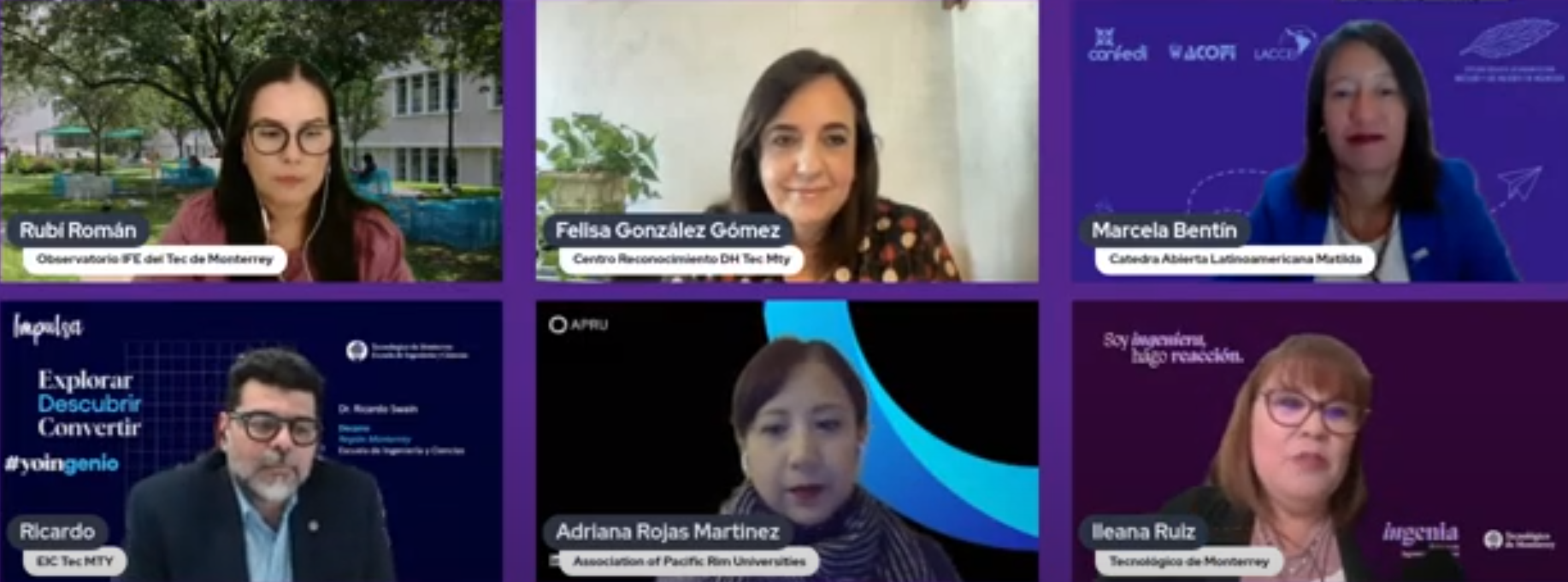

)